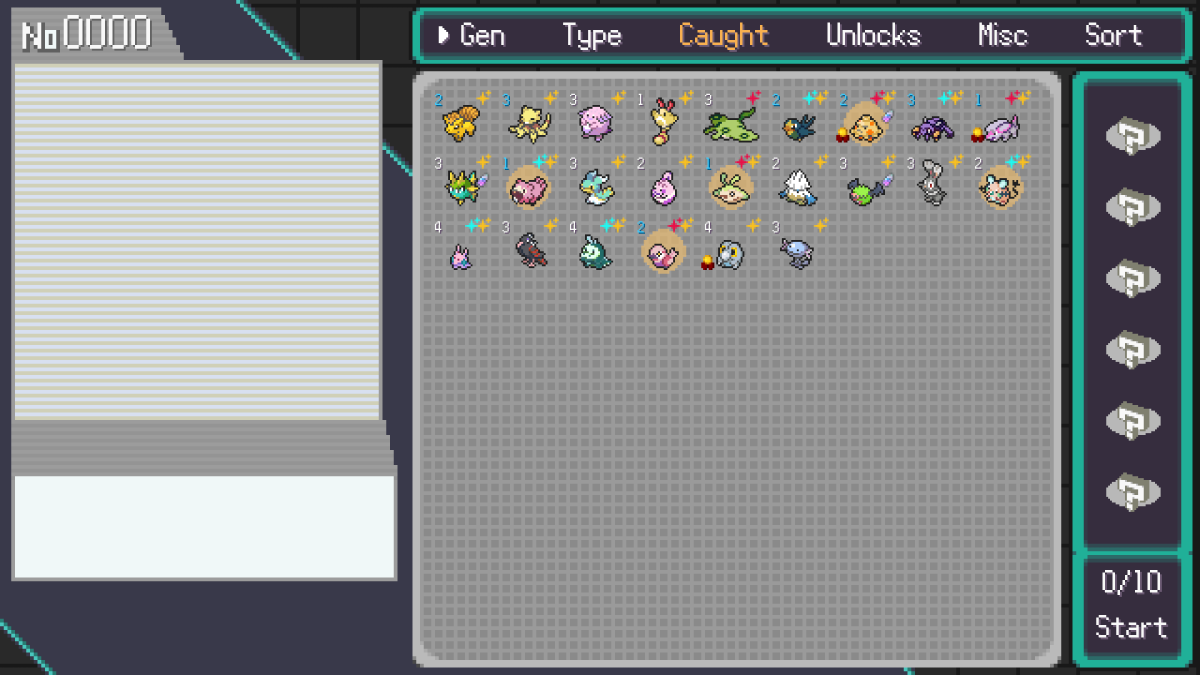Editor’s Note: This is the second in a series of columns exploring the issues of privilege and, conversely, adversity as encountered by various segments of society. The series will run every Thursday.
When a trusted colleague asked me to write this second column about privilege – class privilege – I know I looked bewildered at first. Me? Write about class privilege? I’m a first-generation college kid. I know I grew up in the chic Hamptons, have a top-notch educational pedigree, have a well-paying administrative job and can tell the difference between a merlot and a zinfandel, but my family’s “not like that.”
My family may be from Long Island, but they’ve been fishermen for 300 years. We never belonged to country clubs, never had a maid and never drove a BMW. Instead, my mother was a waitress and my father was in the military; my grandmother was a seamstress and my grandfather was a plumber.
So what is it about me that makes people think I enjoy class privilege? And what kinds of assumptions do we all make about class? Perhaps it would be beneficial to define class. We don’t talk about class very much in America because we all like to think we’re the same. We all like to think we’re middle class. Certainly class has to do with how much money you make, but I think it’s broader than just socioeconomics.
We all know there are jobs that can be considered working-class that pay more than upper-class jobs. Many plumbers or electricians make more money than university faculty, but most of us wouldn’t consider plumbing to be a prestigious career. So salary alone doesn’t constitute class. And what about our consumer choices? Don’t we make some assumptions about people based on what they drive? If they take public transportation? Where they vacation? What brand of clothing they wear? What books they read? Where they go to school? In short, class is everything about us – it’s our social milieu. From the kind of grammar we use to our choices in entertainment, class is everywhere.
But in many ways, it’s invisible, which makes it easy to think everyone is like me and everyone knows the rules to the game. That invisibility is privilege.
Let me give you an example. During Hurricane Katrina, how many of you, like me, wondered why people just didn’t get in their car and leave town? Did you see yourself or your parents driving to a hotel a safe distance away, riding out the storm with plenty of food and then calling your insurance agent?
If you did, it’s probably because you don’t have to worry about such things happening to you. You don’t worry about having to pay for a bus ticket or having enough food stamps.
You assume you’ll be able to pay for your basic needs. You know you won’t be hungry because you have enough education, skills and connections to land on your feet. In other words, your class privilege enables you to have a certain amount of confidence and security in your future.
So what difference does class privilege make? Personally, because I belong to the professional class, I’m privy to certain advantages that others aren’t, not necessarily because I earned them but because they come with privilege. For example, I’m pursuing a doctorate degree, and I could choose which institution I wanted to attend regardless of cost. I have a personal computer and a laptop, so I can do assignments when and where I want. I have the ability to buy all of my books new instead of used and can even buy books that aren’t assigned just because they sound interesting. I have enough time in my day to enjoy reading as well as leisure activities.
But personal buying power isn’t the whole story.
Class privilege also impacts how we treat other people, and this is where it gets tricky. When we have class privilege, it’s understandable to think we’ve earned it.
We’ve worked hard, so we’re entitled. But sometimes we think that other people who haven’t had the same benefits should just “pull themselves up by their bootstraps.”
We don’t recognize that we’ve had the benefit of living in the right neighborhood or attending the best school. We assume that because we have those benefits, we must be good, deserving people. If others don’t make the same choices we do, it must be because they’re lazy or undeserving. We fail to recognize that perhaps “those people” never had a choice.
So ask yourself this question: How have you benefited from class privilege? And if this is the first time you’ve thought about it, how will you respond? You might recognize that the person you’re assuming will “pull herself up by her bootstraps” may, in fact, have no boots … and you might loan her yours.






